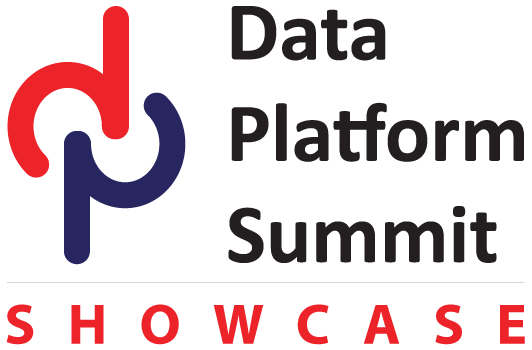DPS 2020 Training Class – Data Analysis in Python and SQL – by Kevin Feasel
Visit DPS 2020 More Training Classes Book Now
|
Pre-Con Title |
Applying Forensic Accounting Techniques To Data Analysis In Python and SQL |
|
Track(s) |
Data Science (AI/ML) |
|
Tags |
#Python #DataScience #ForensicAccounting #SQL #Jupyter #numpy #scikit-learn #EnsembleModeling |
|
Level |
Advanced |
|
Trainer/Speaker |
|
|
Abstract |
Forensic accountants and fraud examiners use a range of techniques to uncover fraudulent journal entries and illegal activities. As data professionals, most of us will never unravel a Bernie Madoff scheme, but we can apply these same techniques in our own environments to learn more about our data. This video will use a combination of SQL Server and the Python programming language to apply these fraud detection techniques and gain a better understanding of your data. You will learn a variety of techniques to learn enough about your data to draw interesting inferences, starting with the use of basic analytical techniques, including regression analysis. From there, you will learn how to use cohort analysis to find outliers between groups, leading you on a data-driven approach to forensic investigation. Finally, you will review numeric techniques around data set validity, including rules around the distributions of the first and last digits in data sets. |
|
Modules/Topics |
|
|
Attendee Pre-requisite (if any) |
Attendees should be familiar with SQL Server and the T-SQL programming language. Familiarity with Python and Jupyter Notebooks is also helpful, though not required. |
|
Is this class being recorded? |
Yes. This class will be recorded and the registered attendee will get 12 months streaming access to the recorded class. The recordings will be available within 30 days of class completion. |
|
Additional Comments from Instructor/Speaker |
No special instructions/comments from the Speaker |
|
Additional Comments from the Organizers |
DPS 2020 Pre-Con price increases on the 1st of every month. This month’s pricing is the lowest. Book Now and save. Pre-Con Trainings are instructor-led, demo-based, 8 hours (4 hrs each day). Due virtual mode delivery, Pre-Cons are not hands-on. The 8-hour delivery is designed for maximum coverage and demos by the instructor. However, delegates will get the pre-con material (PDFs, demos, scripts, etc, as shared by instructor) to practice at their convenience. |
|
More Questions? |
Visit FAQ page. |
|
BooK Now |




















